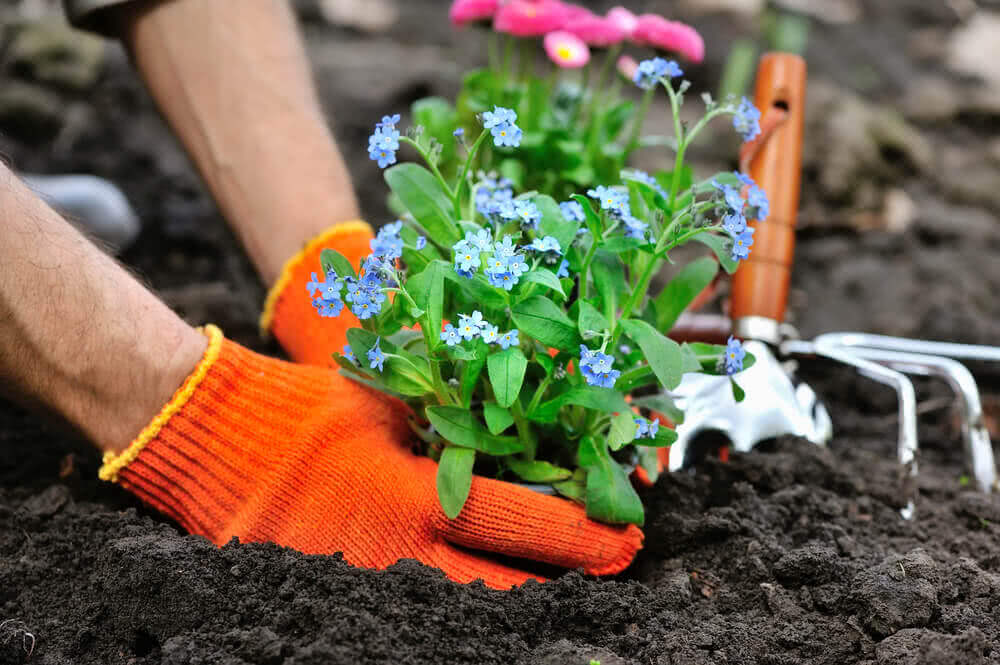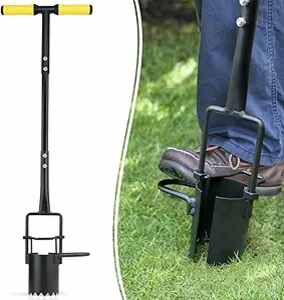The Ultimate Gardening Guide for Beginners: Whatever You Need to Know
The Ultimate Gardening Guide for Beginners: Whatever You Need to Know
Blog Article
Comprehending the Various Sorts Of Gardening and How They Add to a Much Healthier Lifestyle and Environment

Advantages of Vegetable Horticulture
Many individuals are progressively acknowledging the myriad benefits of veggie horticulture as a crucial element of a much healthier lifestyle. Engaging in veggie horticulture offers various physical health and wellness benefits, consisting of boosted physical task, which improves cardio wellness and promotes general health and fitness. The act of planting, weeding, and harvesting requires motion and can assist deal with inactive habits, adding to weight administration and enhanced muscle tone.
Furthermore, cultivating one's own vegetables dramatically boosts nutritional high quality. Organic fruit and vegetables is commonly fresher and a lot more nutrient-dense compared to store-bought alternatives, as it can be consumed shortly after harvest. This accessibility encourages a better consumption of fruits and vegetables, which are vital for avoiding chronic conditions.
Additionally, veggie horticulture promotes mental well-being by providing a therapeutic electrical outlet for stress alleviation and leisure. The act of often tending to plants can be introspective, enabling individuals to connect with nature and escape the stress of day-to-day live. The lasting method of expanding one's own food lowers reliance on business agriculture, adding to environmental preservation and promoting biodiversity. Collectively, these advantages highlight the importance of veggie horticulture as a foundation of a healthier way of life.
Checking Out Blossom Horticulture

In enhancement to aesthetic benefits, blossom gardening sustains local ecological communities. Numerous flowering plants bring in pollinators, such as bees and butterflies, which are vital for maintaining biodiversity. The visibility of diverse flora can likewise boost dirt health, as various plants add to nutrition biking and boost dirt framework.
Moreover, flowers can play a considerable function in advertising sustainable practices. Numerous gardeners go with indigenous or drought-resistant types, which call for much less water and very little chemical inputs. This technique not just profits the setting yet additionally urges liable horticulture behaviors.
Inevitably, blossom horticulture offers as a crucial part of an all natural horticulture strategy. Gardening. By growing elegance and sustaining neighborhood ecosystems, it harmonizes with vegetable gardening and underscores the significance of nurturing both our physical and mental wellness via nature
Container Gardening Benefits
Container gardening deals various benefits that make it an attractive option for both amateur and experienced gardeners. One of the primary advantages is its convenience; containers can be positioned on outdoor patios, terraces, and even inside, enabling gardening in rooms with restricted ground access. This adaptability makes it possible for individuals in urban settings or those with little backyards to grow plants efficiently.
Additionally, container horticulture offers enhanced control over dirt quality and dampness levels. Gardeners can pick certain soil blends to maximize plant health and wellness and reduce concerns like weeds and insects. The movement of containers additionally enables easy moving to make best use of sunshine exposure or protect plants from inclement climate.
Additionally, container gardens can be visually pleasing, using an opportunity for creativity in layout. Gardening. They can work as decorative components that improve outside or indoor spaces while advertising biodiversity by drawing in pollinators
Finally, container gardening can add to a much healthier way of life by urging exercise, as it often includes lifting, planting, and keeping plants. Overall, the my sources advantages of container horticulture make it an available and satisfying technique for those seeking to improve their way of life and setting.
The Surge of Vertical Gardening
As metropolitan areas come to be increasingly crowded, the trend of vertical gardening has actually removed, permitting people to optimize their horticulture potential in limited areas. This ingenious technique entails expanding plants in upright frameworks, such as wall-mounted planters, trellises, or specialized upright garden systems. The appeal of vertical gardening lies not only in its efficient use area yet likewise in its visual contribution to city settings, transforming bare walls into lush green landscapes.
Vertical gardens can be installed in homes, balconies, and community spaces, providing a system for expanding a selection of plants, consisting of herbs, vegetables, and ornamental flowers. This approach urges biodiversity and can boost air high quality by filtering pollutants while promoting a link to nature in largely inhabited areas. Additionally, upright horticulture uses useful benefits, such as boosted return per square foot, making it an eye-catching choice for metropolitan gardeners seeking to expand their very own food.

Sustainable Practices in Gardening
Embracing sustainable methods in horticulture is crucial for advertising ecological health and guaranteeing the feasibility of our natural deposits. Lasting horticulture methods concentrate on minimizing ecological effect, saving water, and promoting biodiversity. By carrying out methods such as natural horticulture, gardeners can reduce the use of synthetic fertilizers and pesticides, which can damage neighborhood ecological communities.
Friend growing is one more efficient sustainable method, where certain plants are expanded with each other to improve development and discourage insects naturally. In addition, making use of indigenous plants in landscaping supports local wild animals and calls for much less maintenance, as they are inherently adjusted to the neighborhood environment and dirt conditions.
Water preservation techniques, such as rain harvesting Homepage and drip watering, help to successfully handle water sources, therefore reducing waste. Composting natural waste not only improves the dirt but additionally decreases land fill payments, advertising a round economy.
Last but not least, practicing plant rotation and cover chopping enhances dirt health and wellness and reduces the danger of insect problems. By integrating these sustainable techniques, gardeners can develop durable communities that contribute to a much healthier lifestyle while safeguarding the setting for future generations.
Conclusion

Finally, the varied techniques of horticulture, consisting of vegetable, blossom, container, and upright gardening, collectively advertise a healthier way of life and enhance ecological sustainability. Each kind uses distinctive benefits, from providing fresh fruit and vegetables and attracting pollinators to enhancing limited rooms and encouraging biodiversity. By fostering sustainable methods, these horticulture comes close to not just add to specific well-being but also support broader environmental conservation efforts, eventually minimizing dependence on industrial farming and improving neighborhood strength.
Report this page